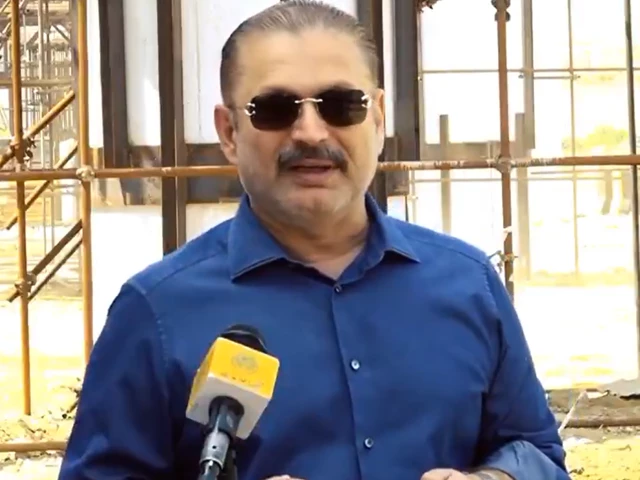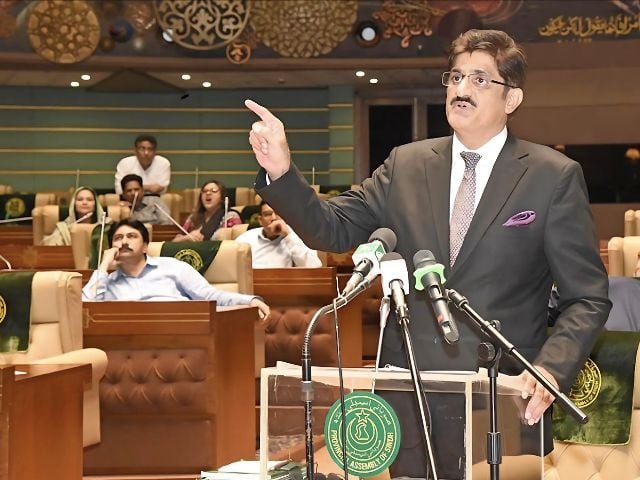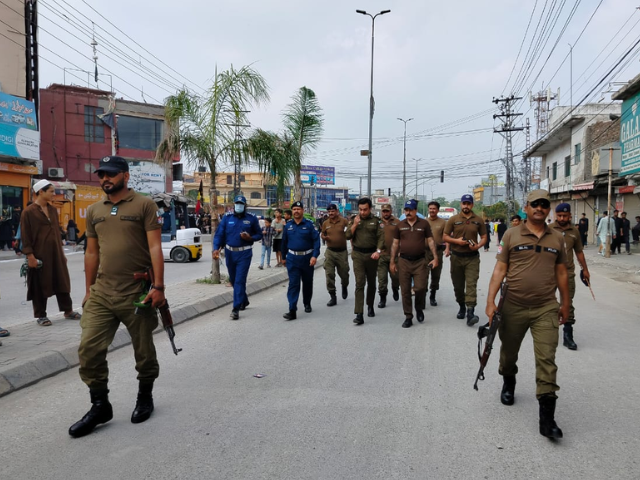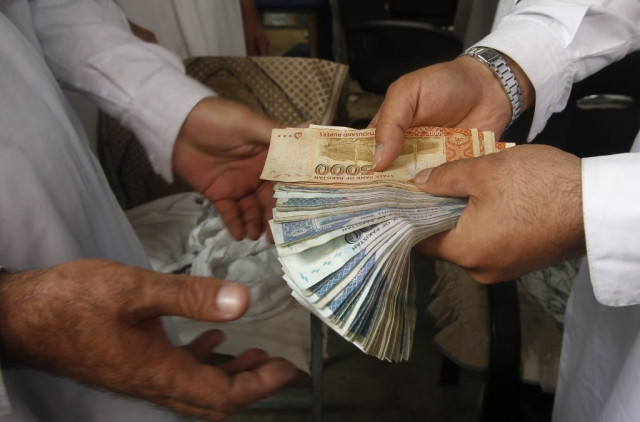Understanding Sindh’s New Number Plate Scheme and Energy Potential
Sindh is making headlines with its new vehicle number plate scheme, and not everyone is thrilled about it. Senior Minister Sharjeel Inam Memon recently defended the initiative, calling the criticism “baseless propaganda.” He emphasized that this scheme is designed to streamline vehicle registration and combat ongoing issues like vehicle theft. It’s a thoughtful step toward modernizing how we handle vehicle ownership, and Memon insists that while the government welcomes genuine public feedback, there’s no room for political maneuvering when it comes to public welfare.
But that’s not all that’s brewing in Sindh. The province is also brimming with potential to help alleviate Pakistan’s energy crisis. According to Memon, Sindh has a treasure trove of resources just waiting to be tapped. If the federal government grants more autonomy and support to the province, he believes it could catalyze a transformative wave in energy production.
Take the Thar Coal Project, for example. Over the last six years, this initiative has provided around 30 million tonnes of coal to independent power producers, generating a staggering 31 gigawatts of electricity. That’s enough to power nearly three million homes! Memon argues that Thar’s coal reserves could meet Pakistan’s energy needs for years, if not decades.
Infrastructure development is crucial for this energy revolution, and the construction of a 105-kilometer railway line to connect Thar’s coal with local and international markets is a step in the right direction. Not to mention, a wind corridor is already operational, and several solar initiatives are on the horizon.
The Nooriabad Power Project is making waves too, supplying 100 megawatts to Karachi, and the government is allocating Rs2.5 billion for future solar projects. Memon also highlighted upcoming solar parks in Karachi, Manjhand, Sukkur, and Larkana, hoping the federal government will cooperate instead of throwing roadblocks in the way.
In tackling other pressing issues, Memon has addressed illegal constructions across Sindh. The Sindh Building Control Authority has begun acting against dangerous structures, while inspections are ongoing in various cities. This vigilant approach aims to ensure safety and compliance.
As the rainy season unfolds, concerns over flooding and health issues are on the rise. Reports indicate a steady increase in the Indus River’s water level, prompting the Provincial Disaster Management Authority to activate relief camps. Public cooperation is essential during such emergencies, Memon cautions.
Finally, with health risks surfacing in the post-monsoon period, emergency units are being set up in government hospitals, and mobile medical camps are launching in areas like Karachi and Thatta. It’s crucial for the public to remain vigilant about their health, drinking clean water, and avoiding poor food choices.
As we dig deeper into these developments, it’s clear that Sindh has the power to reshape its future both in vehicle registration and energy production. Staying updated on these initiatives can help you understand how local governance impacts your daily life. If you want to keep the conversation going, check out Pro21st for more insights and resources.
At Pro21st, we believe in sharing updates that matter.
Stay connected for more real conversations, fresh insights, and 21st-century perspectives.





